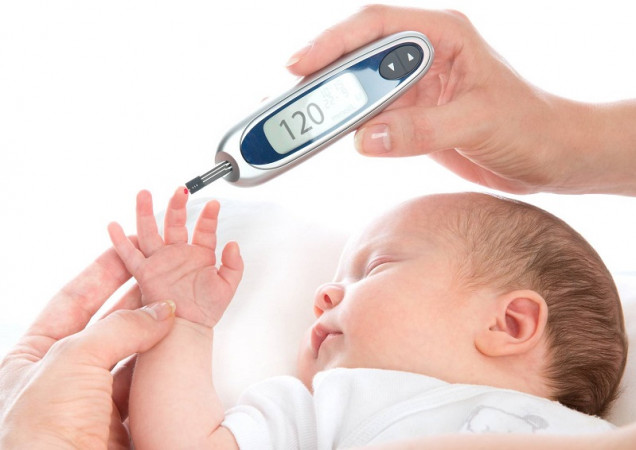Extrasystoles: why do they occur in the 9 months of pregnancy?

During the pregnant state, the cardiac output, i.e. the organ's ability to circulate blood, gradually increases from the first weeks onwards to ensure a greater blood supply to the body, in particular to the uterus and the placenta that is forming. But that's not all. At the same time, the rhythm of heartbeats also increases, sometimes giving the sensation that the heart is racing. In addition, the heart volume itself also increases, and becomes slightly hypertrophic, similar to that of a trained athlete.
These physiological changes can cause some side effects, such as the feeling of a missing heartbeat or a thud in the area corresponding to the heart or a flicker. This is an extrasystole, i.e. a beat that originates from a different point in the heart than where the beats usually come from.
Normally these are benign, isolated cases, which may worsen at night or after meals and disappear with physical activity. These phenomena can also be associated with anxiety, nervousness, the intake of coffee, alcoholic or carbonated drinks or lack of sleep. In these cases, the perfect solution is simply a change in lifestyle, with a healthy and balanced diet.
It is necessary, however, to exclude the presence of any type of disorder, such as high blood pressure, anemia, thyroid disease, gastroesophageal reflux or gastrointestinal disorder, which can in turn give reflex stimulation at the heart level: in these cases, usually ensure other symptoms that allow a diagnosis.
When to check
If the extrasystoles are frequent, repetitive and cause an irregular heartbeat, then it is necessary to perform further, more specific investigations. First of all, a visit to the cardiologist to have an electrocardiogram and, if that is not enough, an echocardiogram to better understand if there are alterations in the structure and functioning of the heart. In addition, if the problem does not resolve itself, it is possible to use anti-arrhythmic drugs compatible with the pregnant state!
Diabetes in children? Here's what to do
Diabetes is a disease that can affect even the youngest children. It is almost always possible to diagnose it in time if you notice some symptoms that can sound like alarm bells. What are they? Symptoms ..
ReadBile acids in pregnancy and cholestasis gravidarum.
Before we talk about bile acids in pregnancy, it is important to explain what bile acids are. Bile acids are components found in bile, which is the substance that is produced in the last part of the intestine to facilitate the..
Read

